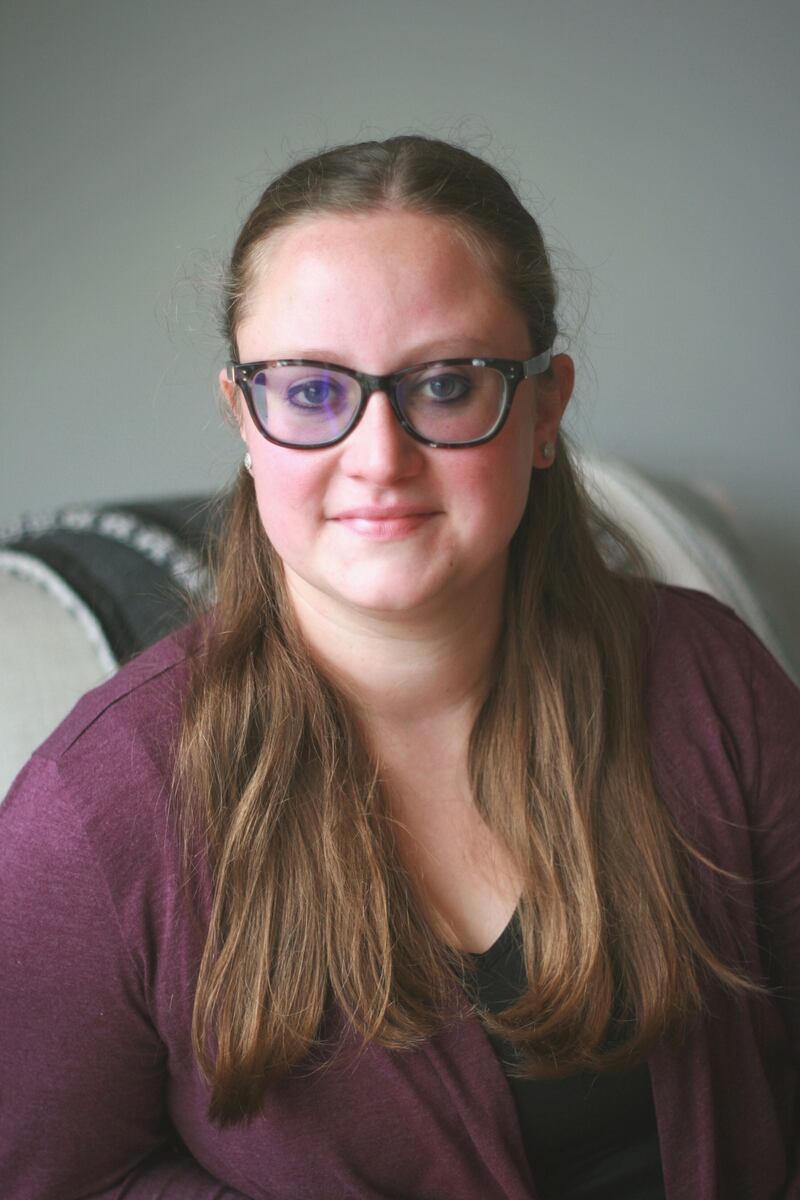If you’ve ever looked around, shaken your head, and thought, “Kids these days…” you’re not alone.
The generational gap between Gen Z – those born between 1997 and 2012 – and older generations can feel immense. As a group, Generation Z strongly values diversity, prioritizes authenticity and embraces their own unique identities. This is particularly true for Gen Z members of the LGBTQ+ community, many of whom have benefited from the hard-won progress and visibility of earlier generations.
An increase in awareness and acceptance means it’s likely that someone in your life – a grandchild, neighbor or student – identifies as part of the LGBTQ+ community. Yet, conversations across generations about identity and support can feel daunting. That’s where PFLAG comes in.
For decades, PFLAG has supported families and friends of LGBTQ+ individuals. The organization offers resources to help build bridges, foster understanding and deepen connections, no matter where someone is in their journey of allyship.
Allies play a crucial role in breaking down barriers and creating a world where everyone can live freely and without fear. Being an ally to LGBTQ+ individuals means listening intently, showing up when it matters and using one’s voice to stand alongside them.
A good place to start would be by connecting with a local PFLAG chapter or by reading a book such as “The Savvy Ally” by Jeannie Gainsburg, which uses humor and real-life scenarios to make the work of allyship approachable and practical. Such resources can help clarify the spectrum of identities within the LGBTQ+ community and offer insight into the challenges many young people face today, allowing adults to offer informed, meaningful support.
Unfortunately, LGBTQ+ youth face disproportionate levels of discrimination and bullying. According to the Centers for Disease Control and Prevention’s 2023 Youth Risk Behavior Survey, 29% of LGBTQ+ students reported being bullied at school, compared with 16% of their cisgender and heterosexual peers.
An uptick in anti-LGBTQ+ executive orders and legislation also is having a negative effect on mental health. LGBTQ+ youths are not at a higher risk of suicide because of who they are but because of how they are treated. When young people feel affirmed and supported, they are more likely to thrive academically, socially and emotionally.
The Trevor Project’s “Stories of Pride” and “Pride in Action” videos showcase the transformative power of supportive, loving adults. Watching only a few of these short online videos can be a powerful reminder of the difference that encouragement and respect can have.
Everyone has the capacity to help create safer spaces where young people feel accepted and valued. One meaningful act of allyship is simply respecting someone’s chosen name or pronouns. It might feel unfamiliar at first, especially when the person has been known by a different name for many years. Yet, these shifts happen often and without resistance in other parts of life – a person might change their last name after marriage or move from “AJ” to “Adrian” in a professional setting.
At PFLAG, conversations around pronouns are common, especially around the singular “they.” Interestingly, this usage has already become part of everyday speech. Consider the phrase, “Someone left their jacket; I’ll turn it in in case they come back.” Without realizing it, most people already use inclusive language in situations where gender is unknown.
Becoming an ally may take some practice and adjustment, but the reward is a deeper, more authentic relationship with LGBTQ+ individuals – and a stronger, more inclusive community overall.
Being an ally to one person is powerful, but once you’re confident in that role, consider stepping up further. Speaking out against discrimination, advocating for inclusive policies and creating welcoming environments in schools and communities all contribute to lasting change.
You might get involved by attending school board meetings, launching a Gender and Sexuality Alliance at a local school, or volunteering with a local LGBTQ+ nonprofit. There are many ways to be an ally to LGBTQ+ youths. Know that with every supportive action you take, you are making a positive impact on a young person in the community.
Gabbi McKanna, PFLAG Sauk Valley
